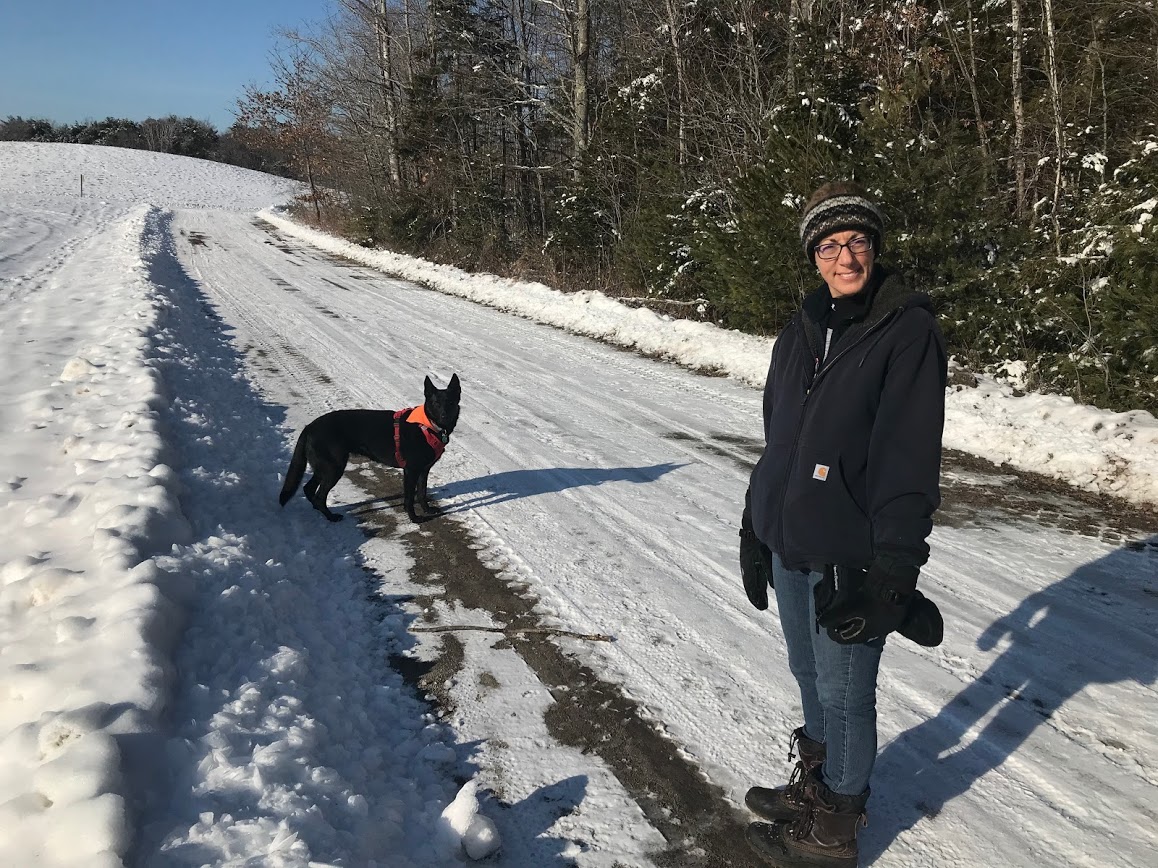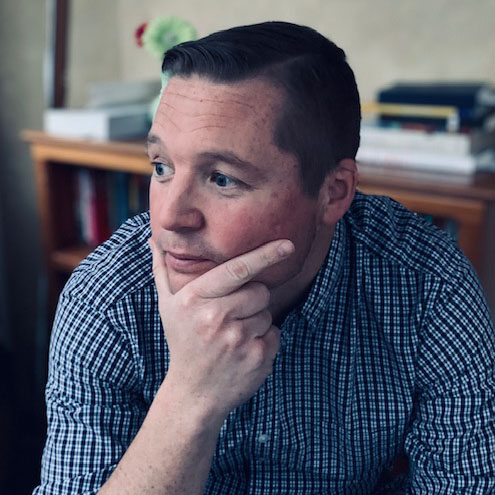BY LAURA BERNSTEIN-MACHLAY
Right now, my small family and I are beginning our second week in isolation here in Detroit.
Well, okay. We’re mostly isolated. My husband Steven and I still make the odd grocery store and pharmacy runs for whatever happens to be available on the shelves. To alleviate anyone’s worries, let me assure you that we’re fine for toilet paper. We haven’t hoarded, though, so in a week or two, we might have to scramble. Or, you never know; maybe the buying frenzy will abate by then as we all fold ourselves like origami creatures into the reality of this extraordinary new existence.
Meanwhile, even with my online classes to manage, my panicked students to soothe, the latest coronavirus updates to voraciously consume, I’ve got lots of extra time—useful for organizing crammed-full closets or meditating. Not so swell when I chew my nails and fret about whatever fresh chaos lurks just over the horizon. About the breaking world and rising infection rates and the recession churning through America’s economy; how, if it lasts, my college-student daughter will surely suffer—as she’s already suffering with her own classes relocated online, with being trapped in the same seven rooms with her fussing parents for weeks or maybe months to come, with her friends, even the local ones, utterly untouchable.





